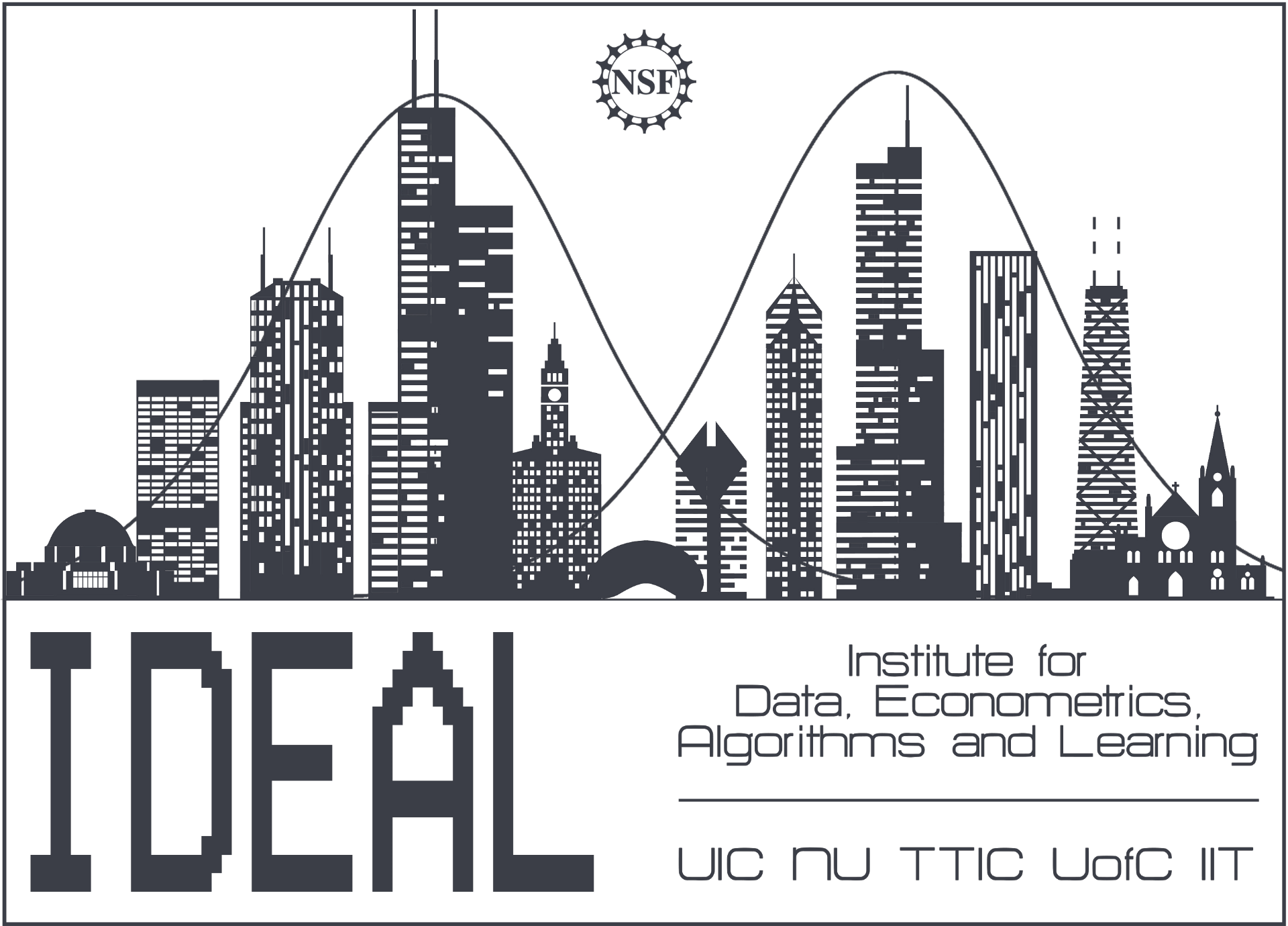Logistics
Date: Wednesday, 20 November 2024
Location: Loyola University Chicago, Quinlan School of Business, Wintrust Hall (9th Floor), 16 East Pearson Street, Chicago, IL 60611
Registration: https://forms.gle/VNHnw84aBnxaD3kH9
The program will take place at Loyola’s Schreiber Center at 16 E. Pearson St., 9th floor (Wintrust Hall). When you enter the building, please check in at the security desk. Then take the elevator up to the 9th floor. Information about discounted parking on Loyola’s Water Tower Campus can be found at the bottom of this page.
Description
The rapid integration of AI systems into various domains of human life has sparked both enthusiasm and concern. While some envision unprecedented productivity gains, economic growth, and improved healthcare access, others worry about unfair discrimination, workforce displacement, and threats to human autonomy. Treating AI as a tool for augmenting human capabilities rather than replacing them, could reap the benefits of AI while preserving human agency and values. AI Agents (i.e., AI systems that can pursue complex goals with limited direct supervision) hold great promises for the augmentation of human capabilities. However, the emergence of more sophisticated and capable AI agents, which may play increasingly large roles in human lives, raises new questions about the nature of this augmentation and the evolving relationship between humans and AI.
Agenda and Speakers:
| 8:00 AM | 9:00 AM | Breakfast and Registration | ||
| 9:00 AM | 9:15 AM | Welcome | ||
| 9:15 AM | 9:30 AM | Conference Intro. | Diana Acosta Navas | Assistant Professor of Business Ethics, Loyola University Chicago |
| 9:30 AM | 10:15 AM | Keynote Presentation | Jessica Hullman | Ginni Rometty Professor of Computer Science and Faculty Fellow, The Institute for Policy Research, Northwestern University |
| 10:15 AM | 10:30 AM | Coffee Break | ||
| 10:30 AM | 12:00 PM | Panel- AI Agents in Business | Diana Acosta Navas | Assistant Professor of Business Ethics, Loyola University Chicago |
| Irena Cronin | Co-Founder & SVP, Product, DADOS Technology and Founder & CEO, Infinite Retina | |||
| Lionel P. Robert, Jr. | Professor, School of Information and College of Engineering, Robotics Department, University of Michigan | |||
| Hatim Rahman | Associate Professor of Management and Organizations, Northwestern University | |||
| 12:00 PM | 1:00 PM | Lunch | ||
| 1:00 PM | 1:30 PM | Developing Novel Paradigms of Human-AI Interaction | Chenhao Tan | Assistant Professor of Computer Science and Data Science, and Director of the Chicago Human+AI Lab, University of Chicago |
| 1:30 PM | 3:00 PM | Panel- AI Agents in Medicine | Abel N Kho | Founding Director, Institute for Artificial Intelligence in Medicine, and Professor Of Medicine, Northwestern University |
| Michael McCarthy | Associate Professor and Graduate Program Director, Healthcare Mission Leadership, Neiswanger Institute for Bioethics, Loyola University Chicago | |||
| Claire Boone | Assistant Professor, Dept. of Equity, Ethics and Policy, McGill University | |||
| Pat Pataranutaporn | Co-Director, MIT Advancing Human-AI Interaction Research Program | |||
| 3:00 PM | 3:15 PM | Coffee Break | ||
| 3:15 PM | 4:45 PM | Panel- AI Agents in Law and Philosophy | Daniel Linna | Senior Lecturer and Director, Law and Technology Initiatives, Northwestern University |
| Matthew Dunch | Assistant Professor of Philosophy, Loyola University Chicago | |||
| Jeffrey R. Tharsen | Associate Technology Director for Digital Studies and Lecturer, Humanities Division, The University of Chicago | |||
| 4:45 PM | 5:00 PM | Closing Remarks |
Abstracts:
Organizers: Steven Keith Platt (LUC) and Diana Acosta Navas (LUC)



